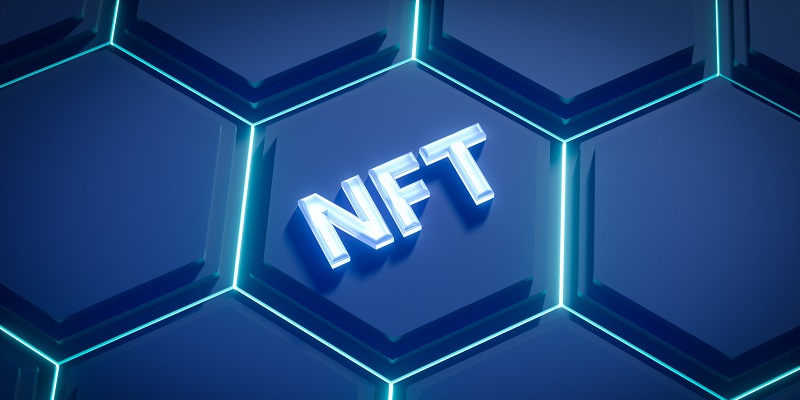PayPal has recently made a significant move in the blockchain space, revealing a patent application that outlines a system for purchasing and transferring non-fungible tokens (NFTs). This proactive step, initiated in March and publicly disclosed on September 21, highlights PayPal’s commitment to facilitating both on-chain and off-chain NFT transactions. This article delves into the mechanism behind PayPal’s effort and explores the potential implications of integrating blockchain and NFT technology.
Mechanism for NFT transactions
Central to PayPal’s innovative endeavor is a mechanism that allows users to engage in NFT transactions through a third-party service provider. While the identity of this service provider remains undisclosed, speculation suggests Ethereum could be a plausible candidate. By leveraging the capabilities of Ethereum, PayPal aims to enhance transactional functionalities and implement robust compliance and risk management protocols.
Options for Digital Wallets
With PayPal’s system, users have the flexibility to choose between individual digital wallets or entrust their storage and checkout services to a third-party broker. This empowers users to manage their digital assets in a way that aligns with their preferences and needs, providing a seamless and personalized NFT experience.
Off-chain transactions via an Omnibus Wallet
One notable feature of PayPal’s blueprint is the facilitation of off-chain transactions through an “omnibus wallet” associated with the selected service provider. This approach eliminates the need for registering transfers on the blockchain, thus eliminating the associated gas fees. By reducing transaction costs and streamlining the process, PayPal aims to enhance accessibility and usability for NFT enthusiasts.
Flexibility in currency usage
Unlike traditional NFT marketplaces reliant on specific cryptocurrencies, PayPal’s system opens the door for the use of any currency in NFT transactions. This flexibility broadens the scope of PayPal’s application, allowing users to transact in their preferred currency without the hassle of converting to specific cryptocurrencies. This inclusive approach could attract a wider audience to the NFT ecosystem and drive further adoption.
Diversified NFT Utilizations
PayPal’s venture extends beyond the realm of electronic collectible exchanges. The patent application envisions a broader spectrum of NFT utilizations, including the tokenization of various assets like digital art, music, event tickets, and even legal documents. This forward-thinking approach expands the possibilities for NFTs beyond their current niche and presents innovative ways to tokenize and trade numerous types of digital assets.
Integration of blockchain and NFT technology
PayPal’s stride towards integrating blockchain and NFT technology reveals a future where digital and real-world assets merge seamlessly. By bringing together the security and immutability of blockchain with the unique characteristics of NFTs, PayPal aims to create a platform that facilitates a diverse range of transactions and interactions between digital and physical assets. This integration has the potential to revolutionize digital commerce landscapes, enabling new forms of value exchange and ownership representation.
PayPal’s recent patent application for NFT transactions marks a significant development in the blockchain and cryptocurrency space. By prioritizing both on-chain and off-chain integration, PayPal aims to create a user-friendly and inclusive environment for NFT enthusiasts. The flexibility in currency usage, diverse range of NFT utilizations, and seamless integration of blockchain technology augur well for the future of digital commerce. As PayPal continues to explore these frontiers, the possibilities for the intersection of blockchain and NFTs are endless, promising exciting opportunities for creators, investors, and everyday users in the evolving digital landscape.

